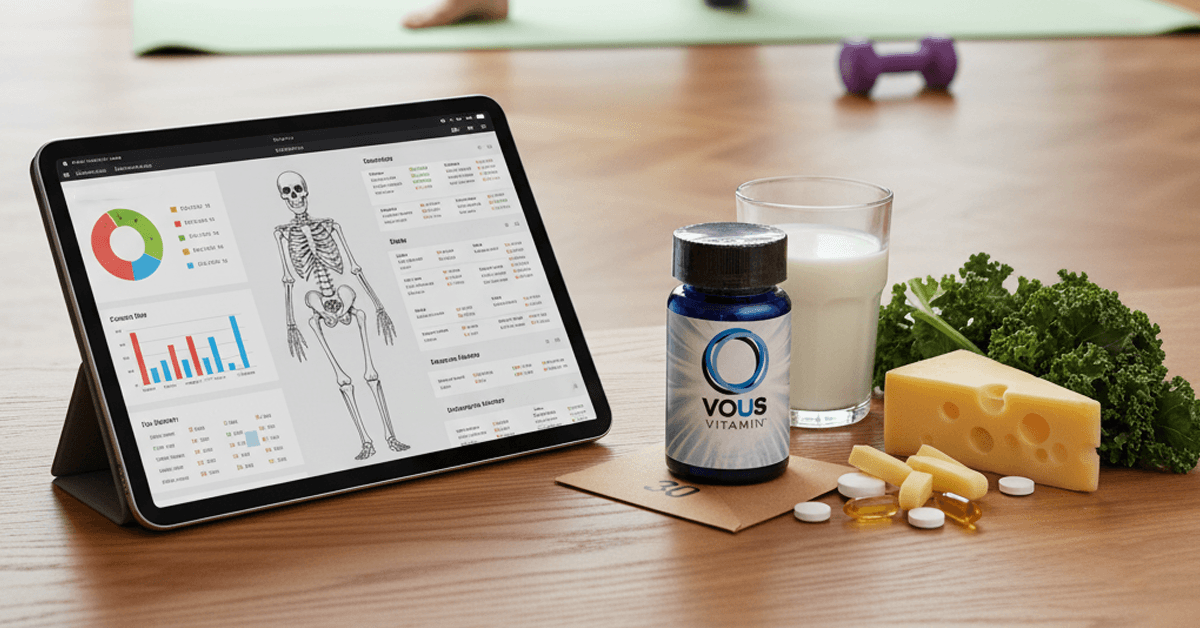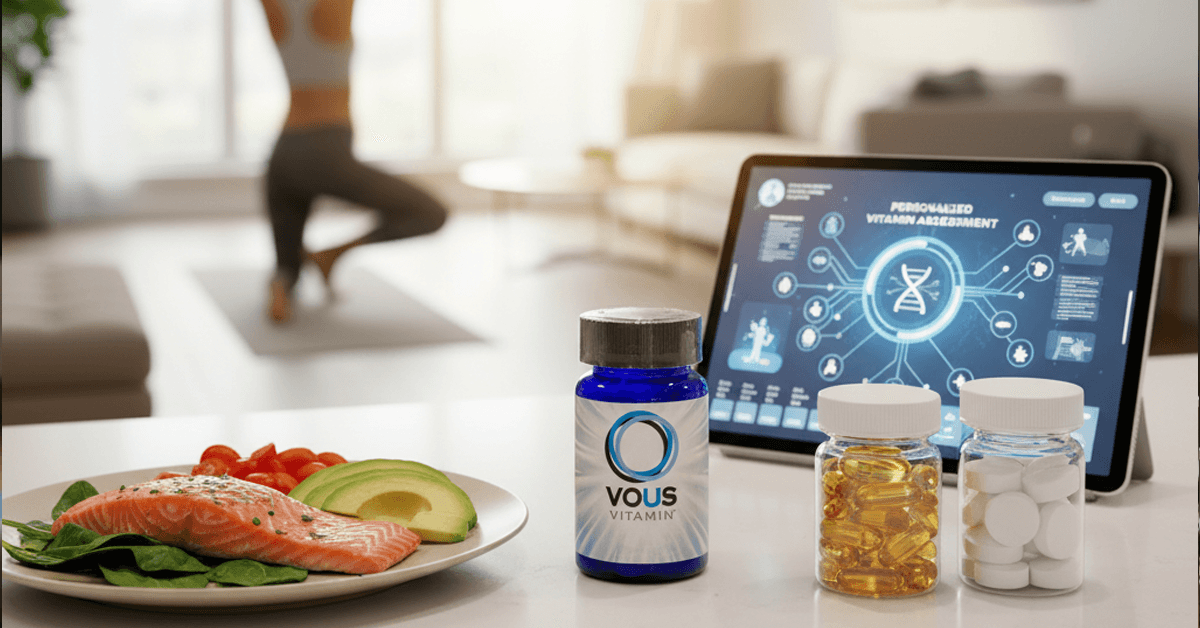

How do we go about avoiding the progressive loss of bone density? The most common way to address it, and the thing that is important at any age, is to make sure you provide your bones with the proper building blocks so they can build up strength. Namely, that is calcium. Sounds simple? Well it’s not. At least if you watch the news it sounds awfully complicated. The bottom line is there has been a lot of controversy over the last few years about who should take calcium and how much.
Getting enough calcium is useful in building bone density. If calcium prevents osteoporosis, it makes sense that eating things with calcium and taking a supplement with calcium is a good idea. So taking more supplements is probably better, right? Well, that was the thought. Until recently, we were in fact doling out calcium supplements for women as if they were candy. The intention was good: Calcium builds bones. Bone density declines with age, so as women are living longer, osteoporosis has reached epidemic proportions. Therefore, it makes sense that we should do anything we can to prevent or minimize this troublesome condition.
But is there such a thing as too much calcium? Our previous recommendations included calcium supplements of 1,200–1,500 mg per day. The highest doses were for older women or those with known bone loss. These supplements usually come in the form of large, difficult-to-swallow tablets that were supposed to be taken multiple times daily with food (for better absorption). Beyond the hassle factor, other downsides to taking calcium supplements include unwanted side effects such as upset stomach, kidney stones, constipation, interference with other drugs, and, less commonly, serious overdoses with high blood levels of calcium (which can even lead to coma). All of that aside, more than half of older women in the United States are still taking these supplements in the name of bone density. However, it turns out that taking calcium supplements may also cause unintended harm, particularly when one ingests large amounts, as the calcium may not just make its way to your bones but could also deposit itself in other places in your body—of greatest concern are the important blood vessels that supply your heart and your brain.
That’s right, all this circulating calcium may actually clog your arteries and contribute to heart disease and stroke. But wait—we aren’t sounding the alarm bells yet, because the data still is not definitive and continue to be tested. In fact, a large study in 2014 disputed this theory, showing that a large group of women taking supplements did not have a greater risk of these problems. In our medical opinion, the sensible solution to preserving your bones is to avoid megadoses of calcium supplements for now, but to remember that dietary calcium still is important. As with most vitamins, it is always best to obtain nutrients from food rather than pills. We believe that with few exceptions most people can get a significant amount of their needed calcium from what they eat. It can however take a little effort and planning.
The current National Osteoporosis Foundation guidelines recommend 1,000 mg of calcium for women up to age fifty and men up to age seventy. Over those ages, they advise 1,200 mg daily. As you start looking at foods to determine their calcium content, one tip on label reading: The U.S. daily value (DV) for calcium—i.e., their recommended daily intake that does not take into consideration age, sex, and health history—is 1,000 mg. Therefore, percentage of DV given can be equated with milligrams as such: Something that is 30 percent of DV is 300 mg, 20 percent of DV is 200 mg, and so forth. You can use this to do a quick tally of your daily intake.
There are many great sources from which you can get your daily calcium in addition to the commonly thought of milk, cheese, and yogurt. These dairy sources are the best bang for your buck in terms of calcium. Greek yogurt leads the pack. We advise our patients that if you enjoy yogurt, having one a day is a great start for your daily calcium intake. Many of the Greek yogurts, save those filled with too much added sugar, are a sensible breakfast option since they also contain a nice protein serving.
Contrary to popular belief, however, dairy is not the only way to get calcium, so vegans or individuals with lactose intolerance need not despair. Green leafy vegetables such as kale, spinach, watercress, and broccoli, or even nuts and seeds such as sesame seeds, almonds, and chickpeas are all good sources. Many of the nondairy milk options (almond, rice, and soy) also contain good amounts of calcium, as do some fortified foods, namely orange juice, tofu, and some breads.
With all of these options and a bit of planning, most of us can cobble together at least 1,000 mg or so daily via all of these food sources. All of that said, many of us may still need to take a small amount of calcium supplement to reach our 1,000 mg or 1,200 mg daily goal. But gone are the days of the big calcium pills. Each person should find the right amount of supplement for his or her individual needs (the big milk drinker may need less than the lactose-intolerant person, for example). Supplemental calcium comes in many forms, including tablets, candies, chews, and even some antacids (such as Tums®). The most common forms of calcium supplements are carbonate and gluconate. Both are useful and effective, though it is commonly warned that calcium carbonate is better absorbed if taken with food. Some find calcium citrate less likely to cause constipation and this formulation does not need to be taken with food. It is also important to remember that the GI tract can only absorb so much calcium at a time (probably 500 mg maximum). Therefore, if you take a supplement, it should not be taken at the same time as other high-calcium foods. Better to spread these sources out throughout the day.
An optimal approach is to personalize your daily vitamin routine with the assistance of a company that specializes in online assessments. These companies will ask you questions about your personal health and lifestyle to calibrate your vitamin formula. Find a company with a pill load and cost that you can stick with over the years. It is a marathon, not a race. A personalized vitamin is a great path to calibrate your calcium intake and may improve your bone health over the long-term.


In a world where health should require an individualized approach by each person, generic multivitamins often cannot provide the same nutrients that your body really


For years, people have relied on generic vitamins hoping to fill nutritional gaps. However, what was working just a few decades ago does not suit


The majority of the population buys generic vitamins at the store with the hope that they will meet the nutrient requirements. However, the truth is


As individuals increasingly shift toward proactive health and wellness grounded in data, individualized approaches are sought to draw from, rather than antiquated, generic, one-size-fits-all multivitamins.
| Cookie | Duration | Description |
|---|---|---|
| cookielawinfo-checkbox-analytics | 11 months | This cookie is set by GDPR Cookie Consent plugin. The cookie is used to store the user consent for the cookies in the category "Analytics". |
| cookielawinfo-checkbox-functional | 11 months | The cookie is set by GDPR cookie consent to record the user consent for the cookies in the category "Functional". |
| cookielawinfo-checkbox-necessary | 11 months | This cookie is set by GDPR Cookie Consent plugin. The cookies is used to store the user consent for the cookies in the category "Necessary". |
| cookielawinfo-checkbox-others | 11 months | This cookie is set by GDPR Cookie Consent plugin. The cookie is used to store the user consent for the cookies in the category "Other. |
| cookielawinfo-checkbox-performance | 11 months | This cookie is set by GDPR Cookie Consent plugin. The cookie is used to store the user consent for the cookies in the category "Performance". |
| viewed_cookie_policy | 11 months | The cookie is set by the GDPR Cookie Consent plugin and is used to store whether or not user has consented to the use of cookies. It does not store any personal data. |